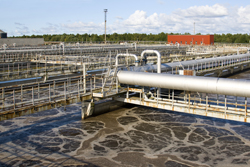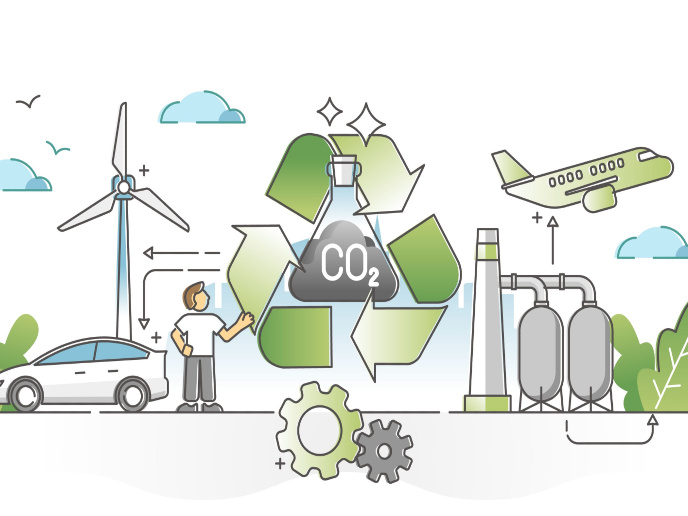Synergy of wastewater and biomass technologies
The 'Monitoring and control system for wastewater irrigated energy plantations' (Wacosys) project aimed to develop and test an automated system to irrigate short rotation plantations (SRPs). Fast-growing tree species such as willow can be cropped in one to five years for a clean source of heat energy. An added bonus is that pollution from the applied wastewater is avoided. The Wacosys consortium brought together representatives from industry and academia to identify the social, technical and environmental objectives. A total of seven work packages determined the system requirements as well as designed and organised evaluation of the prototypes. Another unit prepared the plantations. An important criterion was to monitor and apply wastewater dose for optimal cropping while observing critical pollutant loads in the effluent to prevent environmental contamination. To achieve this ambitious combination, the system incorporated a combined sensor, detector and dosage applicator. The performance of the system was evaluated using existing clones of willow and poplar saplings under varying climatic conditions. Results of the Wacosys project were disseminated using a website, conferences, and brochures and booklets. The combination of biomass and wastewater technologies has been shown to reduce the cost of fuel for heat and power production. The optimised system could well sharpen the competitive edge of SRP production against other fuels while keeping in line with environmental legislation.







